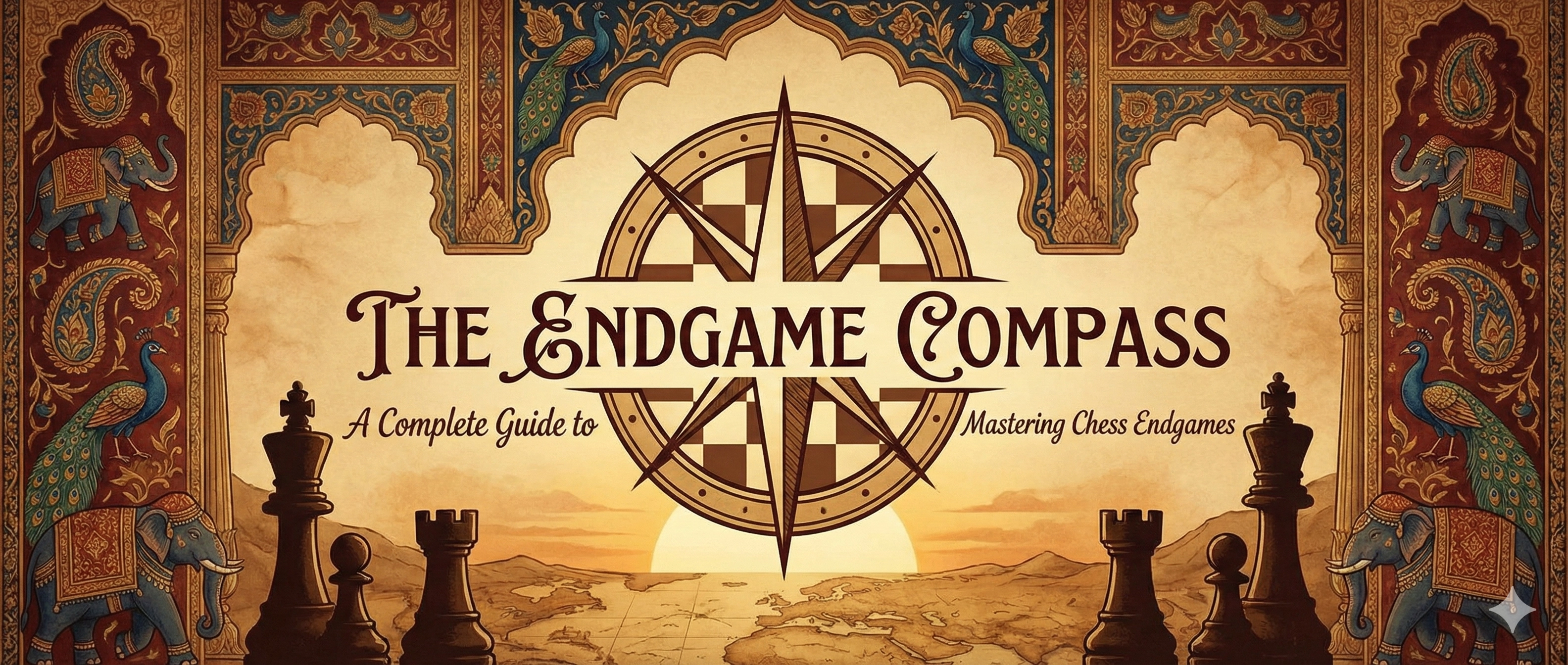The short answer to this question is YES. High school students are swamped with to-do lists that never end. From AP classes to community service, they do everything possible to get into the best colleges.
Adding USACO contests to this hectic schedule reduces the time for school studies and hampers participation in co-curricular activities. It’s only obvious to question if USACO is good for college.
- How’s USACO Good for College?
- Does clearing USACO
- USACO Divisions and Chances in Colleges
- Conclusion
- FAQs
- 1. What is USACO?
- 2. Is participating in USACO beneficial for college applications?
- 3. Does USACO participation look good for Ivy League schools?
- 4. What skills can I gain from participating in USACO?
- 5. Do colleges consider the level of USACO participation (e.g., bronze, silver, gold)?
- 6. Can USACO help me receive scholarships?
- 7. Should I focus solely on USACO to improve my college prospects?
- 8. Is it too late to start preparing for USACO?
- 9. Are there resources available to help prepare for USACO?
- 10. What are the long-term benefits of participating in USACO?
How’s USACO Good for College?
While clearing USACO isn’t a direct requirement for college admission, it can significantly strengthen your application, especially for Ivy League and top universities.
USACO is a national-level competitive exam that tests programming and coding skills among high school students. Excelling in it showcases your problem-solving ability, dedication, and technical expertise qualities that top colleges value highly.

1. It shows you’ve coding skills
These contests, especially the Gold division and higher levels, need in-depth programming knowledge and efficient coding skills to clear them. Besides learning algorithms, a student also needs to excel in overall computer science to ace these tests.
So, when you write college applications, the USACO-clearing certificates show your coding skills and abilities in working in a fast-working environment.
2. It shows your Experience
In competitive programming Institutes like MIT, Stanford, and Harvard want students who’re serious about their careers. They accept applications that stand out with prior experience/venture in the subject a candidate is interested in.
Appearing for USACO tests says a candidate has been focused on coding since a young age, and they’ve tried their hand in competitive programming as well. Also, you are claiming in college applications of being ready to venture into computer science or other coding-related subjects.
The point is you’re trying to convince others that you’re focused. Here swoops in the USACO certificates to back up your claims on college applications.
In case you’ve attended the IOI, you stand out as the perfect candidate for top universities. This is how clearing these contests help you go ahead.
Does clearing USACO
Tests ensure good Colleges? Many USACO Gold and Platinum-level contestants enroll in top-tier colleges. However, clearing USACO doesn’t guarantee admissions to good colleges and universities.
The goal of clearing the USA computing olympiad is to prepare yourself as a professional coder, not to go to a good college.
The bright side is you will get into good colleges anyway once you have the set of skills and a good resume that highlights your interests.
USACO Divisions and Chances in Colleges
1. Bronze & Silver Division
Helps CS Aspirers Clearing the Bronze or Silver division USACO might not get you into IVY league colleges or top universities. However, if you’re not someone with sky-reaching academic ambitions, even Bronze-level will prove fruitful.
It will make it easier for you to enroll in computer science degree/course. Once you have enrolled, the knowledge and experience you gathered during USACO preparation will help you sail through the tough semesters.
In other words, college students benefit from prior experience in clearing USACO silver and bronze levels. Also, you can go to pre-college internships after clearing the tests and gain more experience writing your college applications.
2. Gold division = Top 600 College Applicants
In 2020, only 612 participants cleared the USACO Gold out of 4169 participants. It means that students who cleared the Gold division were among the USA's top 600 college applicants.
Semi-finalists of the USA Physics Olympiad are considered the top 400 applicants. Considering that, Gold achievers definitely have a chance to get into the best colleges in the country, if not the top universities.
3. Platinum division = Top 400 College Applicants
In USACO 2020, 394 candidates cleared the Platinum level, including the candidates with a perfect score. If one can reach the Platinum division, they definitely have better chances at getting into IVY league colleges.
However, clearing this level doesn’t guarantee admission to the best institutes. It all depends on your college apps, and this achievement will only affirm your coding skills and knowledge.
4. Finalists = Admission
To Top Universities Nathan Chen, one of the finalists of the 2019-2020 batch, is an undergrad student at MIT. Like Chen, most USACO finalists get into the top universities in the USA.
So, if a candidate attends the USACO camp and represents the USA in the International Olympiad Informatics, they are enrolling in the best institutes for sure.


Conclusion
Engaging in USACO can be a significant advantage in your academic journey, particularly if you're interested in fields related to computer science.
The skills and experiences gained through this unique competition can help you make a meaningful impact in your future educational endeavors.
FAQs
1. What is USACO?
USACO, or the USA Computing Olympiad, is an annual programming competition for pre-college students in the United States. It is known for its challenging problems that test students' algorithmic and programming skills.
2. Is participating in USACO beneficial for college applications?
Yes, participating in USACO can be beneficial for college applications, especially for schools with strong computer science programs. It demonstrates your problem-solving abilities, commitment to learning, and proficiency in programming, which are highly regarded by admissions committees.
3. Does USACO participation look good for Ivy League schools?
Absolutely! Ivy League schools and other prestigious institutions often value unique extracurricular activities like USACO. A strong performance in USACO can help you stand out among other applicants, particularly if you’re applying for STEM-related programs.
4. What skills can I gain from participating in USACO?
Participating in USACO helps you develop critical skills such as:
Algorithmic thinking: Ability to tackle complex problems systematically.
Programming proficiency: Gain experience in languages like C++, Java, and Python.
Analytical skills: Enhance your ability to analyze and break down problems.
Time management: Learn how to effectively manage time under pressure.
5. Do colleges consider the level of USACO participation (e.g., bronze, silver, gold)?
Yes, the level of participation can be an important factor. Higher rankings, such as silver or gold medals, can showcase your dedication and skill level, further strengthening your college application. However, even participation itself can be valuable.
6. Can USACO help me receive scholarships?
While not directly tied to scholarships, a strong performance in USACO can enhance your overall profile, potentially making you a more competitive candidate for academic scholarships, particularly those focused on STEM fields.
7. Should I focus solely on USACO to improve my college prospects?
While USACO is a great asset, it's important to have a well-rounded application. Incorporate other activities, such as community service, clubs, or sports, alongside your USACO participation to present a holistic view of your interests and abilities.
8. Is it too late to start preparing for USACO?
It's never too late to start! Many students begin preparing for USACO in high school or even earlier. With dedication, practice, and access to resources, you can progressively improve your programming and problem-solving skills.
9. Are there resources available to help prepare for USACO?
Yes, numerous resources can aid in your USACO preparation, including:
Online courses and tutorials: Websites like Coursera, Udacity, and Khan Academy offer programming courses.
Books: Titles like "Competitive Programming" by Halim can be incredibly useful.
Practice Problems: Solving problems from previous years' USACO contests helps familiarize you with the types of questions asked.
10. What are the long-term benefits of participating in USACO?
Long-term benefits of participating in USACO include improved programming skills, enhanced problem-solving capabilities, and better opportunities in college and career.
Many USACO alumni go on to successful careers in technology and engineering, benefiting from the skills and knowledge gained through the competition.






Comments